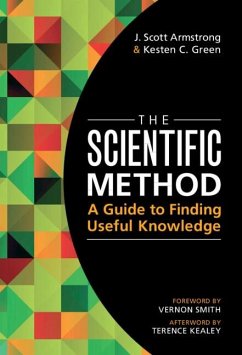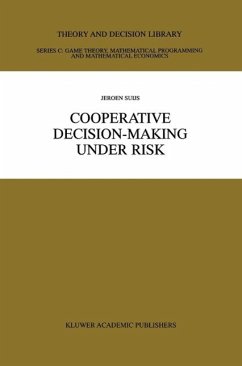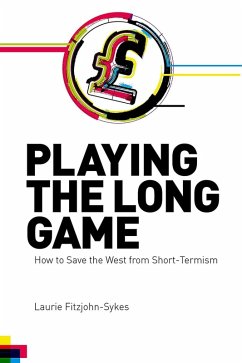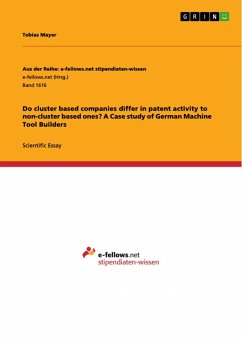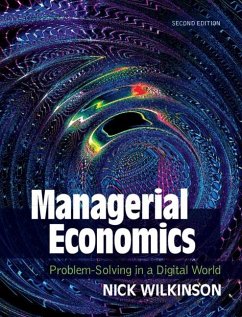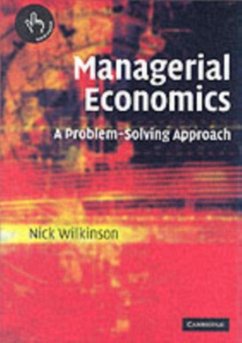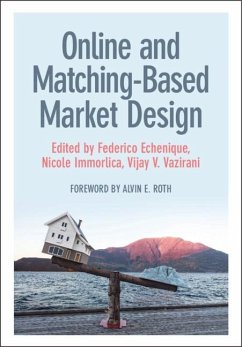
Theory of Case-Based Decisions (eBook, PDF)
Versandkostenfrei!
Sofort per Download lieferbar
33,95 €
inkl. MwSt.
Weitere Ausgaben:

PAYBACK Punkte
17 °P sammeln!
Gilboa and Schmeidler provide a paradigm for modelling decision making under uncertainty. Unlike the classical theory of expected utility maximization, case-based decision theory does not assume that decision makers know the possible 'states of the world' or the outcomes, let alone the decision matrix attaching outcomes to act-state pairs. Case-based decision theory suggests that people make decisions by analogies to past cases: they tend to choose acts that performed well in the past in similar situations, and to avoid acts that performed poorly. It is an alternative to expected utility theor...
Gilboa and Schmeidler provide a paradigm for modelling decision making under uncertainty. Unlike the classical theory of expected utility maximization, case-based decision theory does not assume that decision makers know the possible 'states of the world' or the outcomes, let alone the decision matrix attaching outcomes to act-state pairs. Case-based decision theory suggests that people make decisions by analogies to past cases: they tend to choose acts that performed well in the past in similar situations, and to avoid acts that performed poorly. It is an alternative to expected utility theory when both states of the world and probabilities are neither given in the problem nor can be easily constructed. The authors describe the general theory and its relationship to planning, repeated choice problems, inductive inference, and learning; they highlight its mathematical and philosophical foundations and compare it with expected utility theory as well as with rule-based systems.
Dieser Download kann aus rechtlichen Gründen nur mit Rechnungsadresse in A, B, BG, CY, CZ, D, DK, EW, E, FIN, F, GR, HR, H, IRL, I, LT, L, LR, M, NL, PL, P, R, S, SLO, SK ausgeliefert werden.




